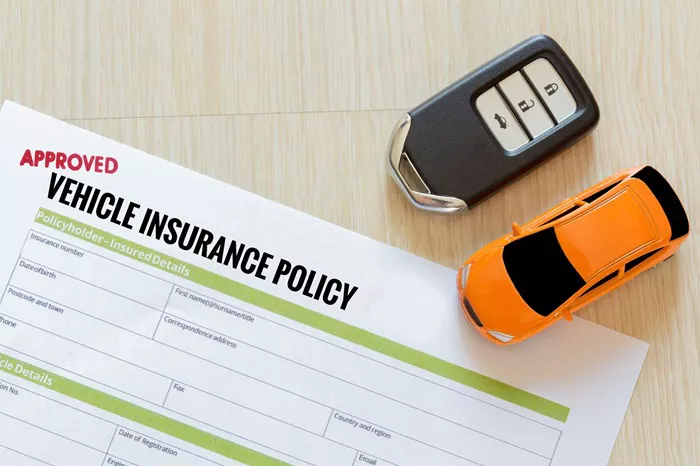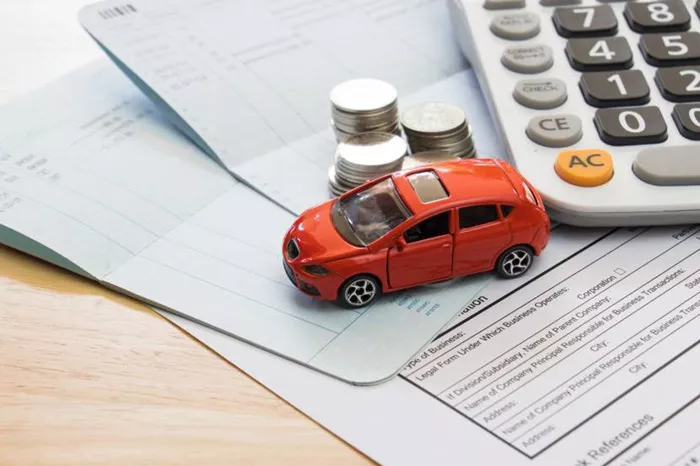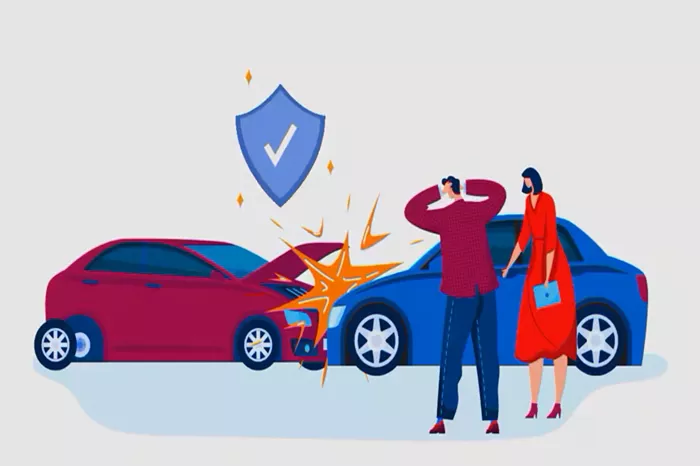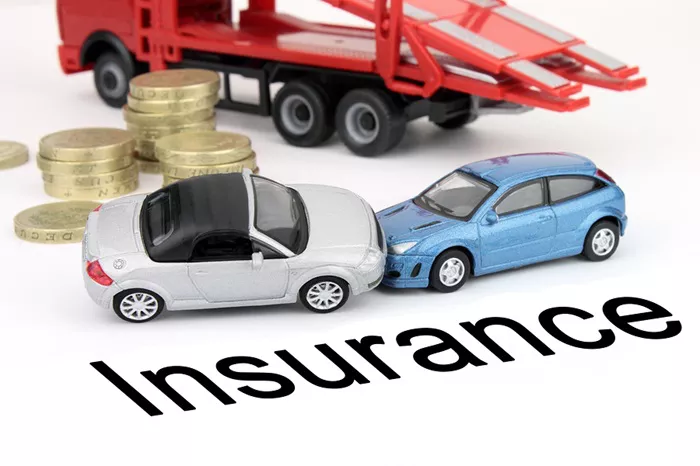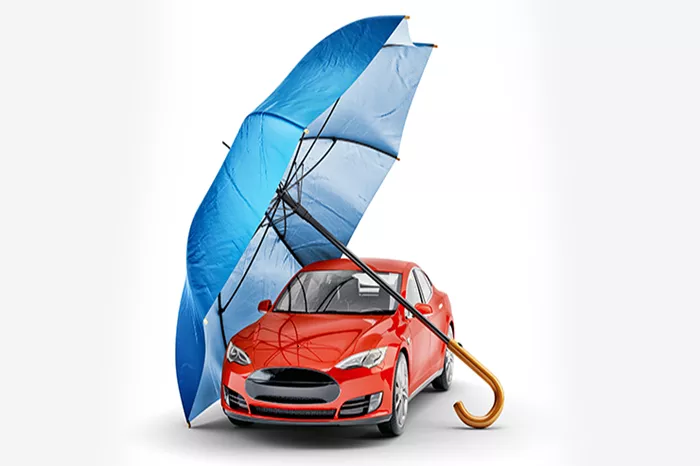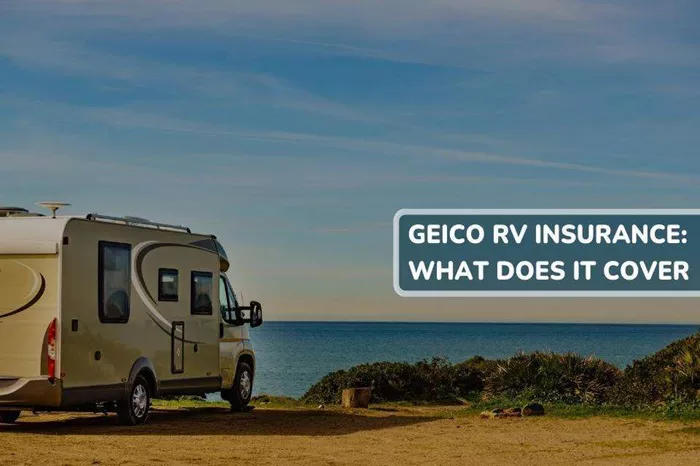Owning a campervan opens the door to adventure, freedom, and the ability to travel at your own pace. Whether you’re planning weekend trips or long-term road trips, having the right insurance for your campervan is essential for peace of mind. Insurance ensures that you are protected from financial losses in case of accidents, theft, or damage, and it helps keep your vehicle and personal property safe. But what exactly do you need when it comes to campervan insurance?
In this article, we’ll break down the essential types of insurance coverage for your campervan, what factors to consider when choosing a policy, and how to ensure you are fully protected on the road. From basic coverage to specialized plans for full-time van lifers, we’ll explore everything you need to know to get the right insurance for your campervan.
Why Do You Need Insurance for Your Campervan?
Campervans are unique vehicles that combine the convenience of a motorhome with the flexibility of a van. However, because they serve both as a mode of transport and a living space, they require specialized insurance. Standard auto insurance typically doesn’t provide the necessary coverage for these vehicles, especially when you’re living in them or using them for long-term travel.
Campervan insurance protects you financially if your vehicle is involved in an accident, sustains damage, or is stolen. It also offers coverage for personal property inside the van and can include coverage for medical expenses, roadside assistance, and more. Without the right insurance, you could be left with costly bills that could disrupt your travels or lifestyle.
What Insurance Do You Need for Your Campervan?
When looking for insurance, you’ll need to consider a few different types of coverage. The exact coverage you need depends on how you plan to use your campervan (e.g., for weekends, full-time living, or cross-country travel), the value of your vehicle, and your personal preferences.
Here are the main types of insurance coverage to consider:
1. Liability Coverage
Liability insurance is a legal requirement in many places and covers the costs if you cause an accident that results in damage to someone else’s property or injures another person. There are two main types of liability coverage to consider for your campervan:
Bodily Injury Liability: This covers medical expenses if another person is injured in an accident you cause.
Property Damage Liability: This covers damage to another person’s property, such as their vehicle or a fence, if you are at fault.
In many states, liability insurance is mandatory, but you should always check local requirements to make sure you have enough coverage. Even if it’s not required, liability coverage is crucial to protect you from financial loss if an accident happens.
2. Collision Coverage
Collision coverage pays for damage to your campervan in the event of a crash, regardless of who is at fault. This coverage is particularly important for campervans, as they are typically larger and more expensive to repair than regular vehicles. If your van is involved in a collision with another vehicle, object, or even a tree, collision coverage will help you repair or replace your vehicle.
This coverage is especially helpful for those who drive on unfamiliar roads, where accidents might be more likely. It’s a good idea to include collision coverage if you travel regularly or plan to drive your campervan through challenging terrains.
3. Comprehensive Coverage
Comprehensive coverage helps protect your campervan against damages that aren’t caused by a collision. This can include things like:
Theft: If your campervan is stolen, comprehensive coverage will help replace it.
Vandalism: Damage caused by vandalism, such as broken windows or scratched paint.
Weather Damage: Coverage for natural disasters like storms, hail, or falling trees.
Animal Collisions: If you hit an animal, comprehensive coverage will help with the repairs.
Because campervans are often parked in various locations, including rural or remote areas, having comprehensive coverage is a smart move to protect your vehicle against damage that could occur even when it’s stationary.
4. Personal Property Protection
If you store personal items inside your campervan, you may want to consider coverage for personal property. This insurance covers the belongings inside your van, such as electronics, camping gear, clothing, and furniture, in case they are stolen or damaged.
If you use your campervan as a living space and carry valuables with you, this coverage can be crucial to protect your items. Be sure to check the limits of your personal property coverage, as some policies may not cover high-value items unless you opt for extra protection.
5. Roadside Assistance
Roadside assistance is an optional coverage, but it can be invaluable when you’re on the road. This coverage helps when your campervan breaks down or you need help with an emergency. Roadside assistance can provide services like:
Towing if your campervan breaks down.
Flat tire changes.
Jump-starting a dead battery.
Fuel delivery.
Lock-out assistance.
If you’re planning long road trips or traveling through remote areas, roadside assistance is a great option to ensure you’re never stranded without help.
6. Medical Payments Coverage
Medical payments coverage, also known as MedPay, can help cover medical expenses if you or your passengers are injured in an accident, regardless of who’s at fault. This can include hospital bills, ambulance fees, and even funeral costs.
If you don’t have health insurance or if your health insurance won’t cover injuries sustained in a car accident, medical payments coverage can provide additional peace of mind.
7. Full-Time RV Insurance
If you’re living in your campervan full-time, you may need specialized coverage that’s designed for full-time RV or campervan owners. Full-time RV insurance typically offers the same coverage as standard RV insurance, but with additional protections for living in the vehicle. This can include coverage for your belongings inside the campervan, as well as protection for your home-on-wheels in case of accidents, damage, or theft.
Full-time RV insurance also usually offers higher liability limits, considering the increased risks associated with living in the campervan as your primary residence.
8. Vacation Liability Coverage
For those using their campervan for vacations or part-time travel, vacation liability insurance provides coverage in case you accidentally injure someone or damage someone else’s property while using your campervan. It’s especially important if you plan to travel to areas where you might have to park your van in public spaces or RV parks.
What Factors Should You Consider When Choosing Campervan Insurance?
Choosing the right campervan insurance depends on your needs, budget, and how you plan to use your vehicle. Here are some factors to consider:
1. How You Use Your Campervan
If you’re a part-time camper or occasional traveler, you might not need as much coverage as someone living in their campervan full-time. For example, full-time campers need higher liability limits and personal property coverage since their campervan is both their home and their vehicle.
2. The Value of Your Campervan
The value of your campervan is another important factor when choosing insurance. If you have an expensive van, you’ll want comprehensive coverage and higher coverage limits. On the other hand, if your campervan is older and has a lower market value, you might opt for more basic coverage.
3. Insurance Costs
Insurance premiums can vary widely depending on factors like the type of campervan, your driving history, and where you live. Be sure to compare quotes from different insurance providers to find a plan that offers the right coverage at an affordable price. Keep in mind that higher coverage limits or additional protections will likely increase your premiums.
4. The Insurance Provider’s Reputation
When choosing an insurance provider, consider their reputation for customer service, claims handling, and financial stability. Look for providers that have strong ratings from reputable agencies like J.D. Power or A.M. Best, and read customer reviews to get an idea of their customer service.
Conclusion
Insurance is an essential part of owning a campervan, whether you’re using it for weekend trips, full-time living, or occasional adventures. By understanding the different types of coverage available and choosing the right insurance policy, you can protect your campervan, your personal property, and yourself while enjoying the freedom of the open road.
Make sure to consider your campervan’s value, how you plan to use it, and the level of coverage you need. And remember, it’s always a good idea to compare quotes from different insurance providers to find the best deal for your needs.
With the right campervan insurance, you can hit the road with confidence, knowing that you’re covered in case of an unexpected event. Safe travels!
Related topic:
How Much Does Insurance Cost For An Rv

